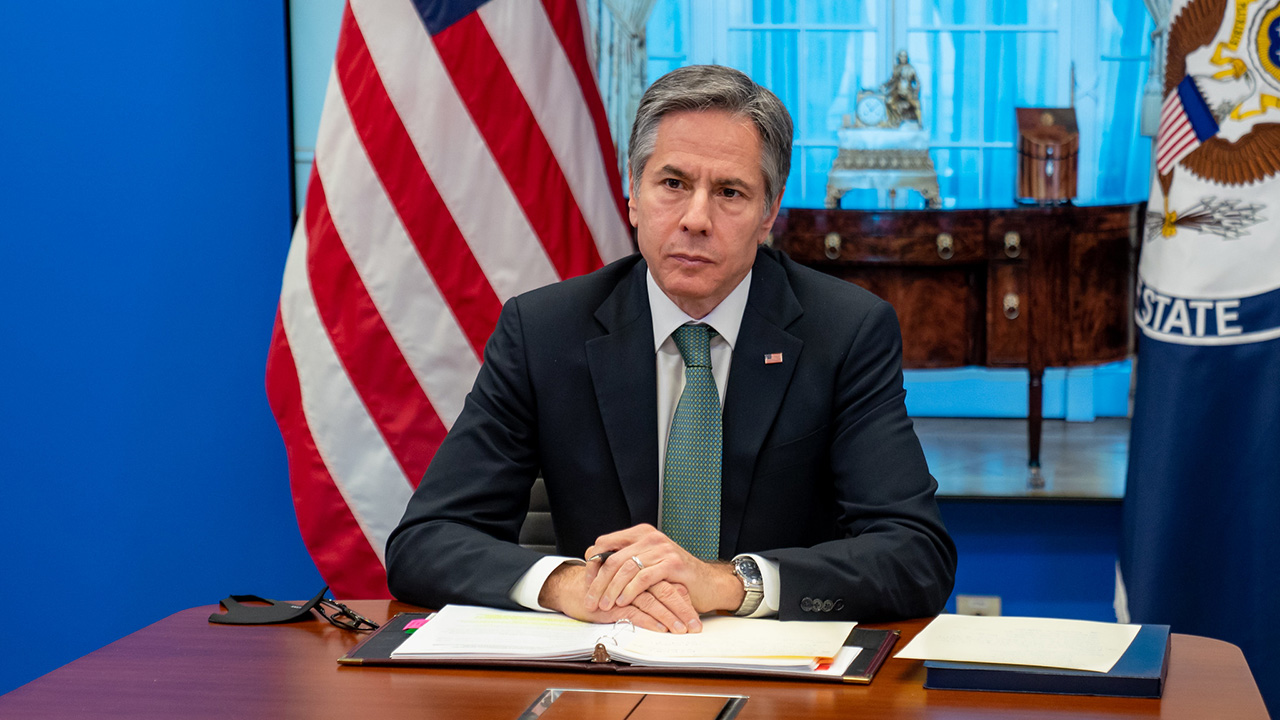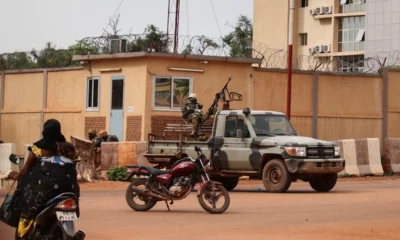The Wagner mercenary outfit from Russia announced that its forces had found the bodies of its mercenaries who were slain in a confrontation with Islamists and Tuareg rebels in July in the Mali desert sandstorm.
An Islamist insurgency that has been raging for years in Mali, where military authorities took control in coups in 2020 and 2021, originated from a Tuareg separatist revolt in the country’s north of the Sahel.
In July, Wagner stated that it suffered significant losses in the conflict, which it fought with the Malian military, but did not provide many specifics.
“An operation was completed to return the bodies of our brothers, who in July 2024 heroically took up the fight with Islamists many times outnumbered,” Wagner said in a rare statement on Telegram late on Tuesday.
The July battle’s defeat highlighted the risks faced by Russian mercenary forces used by military juntas, which are fighting to rein in rebels and potent branches of Al Qaeda and the Islamic State in the parched Sahel of Mali, Burkina Faso, and Niger.
The army of Mali announced in a statement that it had also located and removed the soldiers’ bodies from the scene of the July attack.
Wagner stated that the rebel group had recovered the combatants’ bodies, but a spokesman for the group refuted this.
“It’s not true, there are no Wagner bodies there,” Mohamed Elmaouloud Ramadane, a spokesman for a Tuareg organisation known as the Permanent Strategic Framework for Peace, Security and Development, told journalists.
He said on social media on Sunday that shortly after the battle, the rebels removed the Wagner bodies from the area.
The assertions follow a pattern of contradictory statements: last week, the rebels maintained that both of their fighters who were seized in Mali were still alive, but Wagner said that two of them had passed away.
According to Wagner, its fighters had traversed a desolate region “teeming with Azawad militants” close to Tinzaouaten in north Mali.
“The bodies of our fallen brothers will return to the homeland,” Wagner said. “We do not leave our own, and all of them – dead or alive – will be returned home.”


 Metro2 days ago
Metro2 days ago
 Metro1 day ago
Metro1 day ago
 Sports2 days ago
Sports2 days ago
 VenturesNow22 hours ago
VenturesNow22 hours ago



























